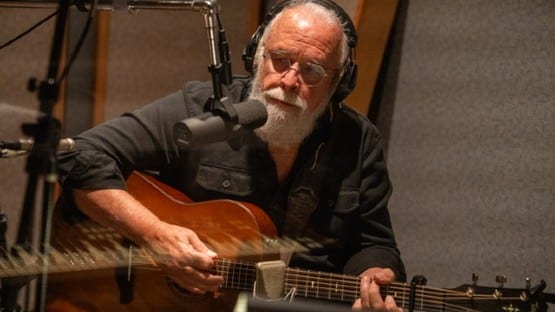
OK.
Except that the closing is the result of the state budget shortfall.
Got it.
I think we have our real motivation right there.
“The proposals that are part of the governor’s budget have been put together thoughtfully over time, but clearly it’s been a response to the crisis of the current economic picture, which I know that everyone knows about, which the state has been struggling with in terms of the recession and the impact that it has had on state revenues and the around $3 billion shortfall that the governor and his staff have been struggling with,” said Jim Reinhard, the commissioner of the Department of Mental Health, Mental Retardation and Substance Abuse Services, at a meeting with CCCA staff and community and state mental-health advocates this morning in Staunton.
Reinhard and Secretary of Health and Human Resources Marilyn Tavenner led a discussion of the June 30 CCCA closing that has been proposed in Gov. Tim Kaine’s amended budget for 2009-2010. In the process, Reinhard and Tavenner made clear that budget considerations were at the heart of the decision to close the Commonwealth Center, a 40-bed facility that provides mental-health services to children and adolescents who by and large are not able to get those services from private-sector providers.
That dollars and not sense is the driver to the move was made plain when Reinhard made it known that the state is in the “beginning stages” of developing a plan for ensuring that the children and adolescents who currently can’t get services anywhere else will be able to access mental-health services after June 30. “There are lots of the parts of this plan that need to be developed. We will admit to that,” said Reinhard, a board-certified psychiatrist who has led the Department of Mental Health, Mental Retardation and Substance Abuse Services since 2002.
“We have already heard concerns from many, many people, gotten e-mails, gotten calls. We have heard from your legislators. We have heard from staff. We have heard from family members. As I had mentioned before, we know the need that’s out there. We recognize that family members have been desperate for the services that have been provided here,” Reinhard said.
“In an ideal world, we would have liked to have been planning for this specific budget-reduction proposal over a several-year period. That would have been the best scenario. We don’t have that. We have an economic crisis in our country and in Virginia, and the governor and the General Assembly will be facing that,” Reinhard said.
“We wish we had the luxury of planning in the way that you talked about. We don’t. Are the plans all in place? I would be foolish to stand up here and say that we have them all in place,” Reinhard said.
Well, thanks for clearing that up. Common sense would seem to dictate that if the closing was really about a long-term strategy to shift the service burden from the public sector to the private sector, then one could imagine that the state would have had a detailed plan long in place, given that we’re talking about a June 30 closing that is only six months away. I mean, you wouldn’t just set a closing date and then talk about setting up meetings with service providers and advocates and community service board representatives with the sword of Damocles hanging over the proceedings. Right? Tavenner conceded as much. “That is a period of time that is about six months from now. So obviously there is a lot of work that needs to be done in that six-month period,” said Tavenner, a former nurse who was appointed Secretary of Health and Human Resources by Gov. Kaine in 2006.
So why the dog-and-pony show about long-term trends in service delivery and demands that are not being met in parts of the Commonwealth and unsubstantiated claims that localities and regions that have not been utilizing the Commonwealth Center seem to have figured out how to manage without public-sector support when, as one advocate who spoke at this morning’s meeting pointed out, it could be just as likely that those localities and regions haven’t in fact figured anything out and are dealing with needs that are simply going unmet?
“Even though it may appear that we’re here representing lip service to the governor’s plan, I think it’s – I understand where you’re concerned about health crises, suicides, those kinds of things. This may be no consolation for something that is incredibly important to this group, very emotional for staff and families. I understand that,” Reinhard said.
Ah, yes, emotions are clouding the issue. Maybe that’s true for staff and family and advocates, but I’m none of the above. What I see is a solution being matched up to the wrong problem. The state is experiencing a budget shortfall, no getting around that. Cutting off our nose to spite our face is no way to work through that. And in the context of all the talk about increasing our commitment to mental-health system reforms in the wake of the 2007 shootings at Virginia Tech, that’s what it seems to me we’re doing here.










